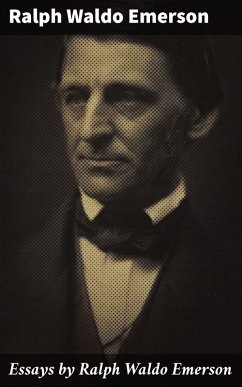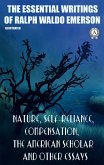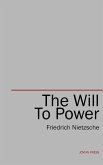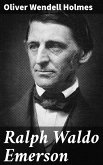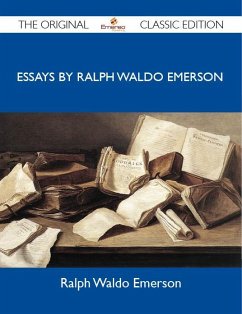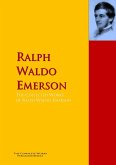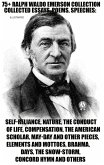Ralph Waldo Emerson's collection of Essays offers a profound exploration of transcendentalist philosophy, encouraging readers to trust their intuition and embrace self-reliance. Emerson's eloquent prose and poetic language reflect the ideals of individualism and the connection between humanity and nature. Each essay delves into the complexities of human existence, advocating for nonconformity and the pursuit of personal growth. Written in the mid-19th century, these essays remain relevant today, inspiring readers to seek their own truths and live authentically. Emerson's unique blend of philosophical insight and literary artistry sets his work apart as a timeless classic. Ralph Waldo Emerson, a leading figure in the transcendentalist movement, drew inspiration from nature, philosophy, and his own spiritual beliefs. His Essays reflect his commitment to challenging societal norms and embracing the inherent goodness of humanity. Emerson's intellectual curiosity and introspective nature shine through in his writing, making him a significant voice in American literature. Readers seeking profound insights into human nature, spirituality, and the pursuit of truth will find Emerson's Essays a captivating and enlightening read. This collection serves as a timeless guide for those on a journey of self-discovery and philosophical exploration, encouraging readers to embrace their inner wisdom and live authentically.
Dieser Download kann aus rechtlichen Gründen nur mit Rechnungsadresse in A, B, BG, CY, CZ, D, DK, EW, E, FIN, F, GR, H, IRL, I, LT, L, LR, M, NL, PL, P, R, S, SLO, SK ausgeliefert werden.

